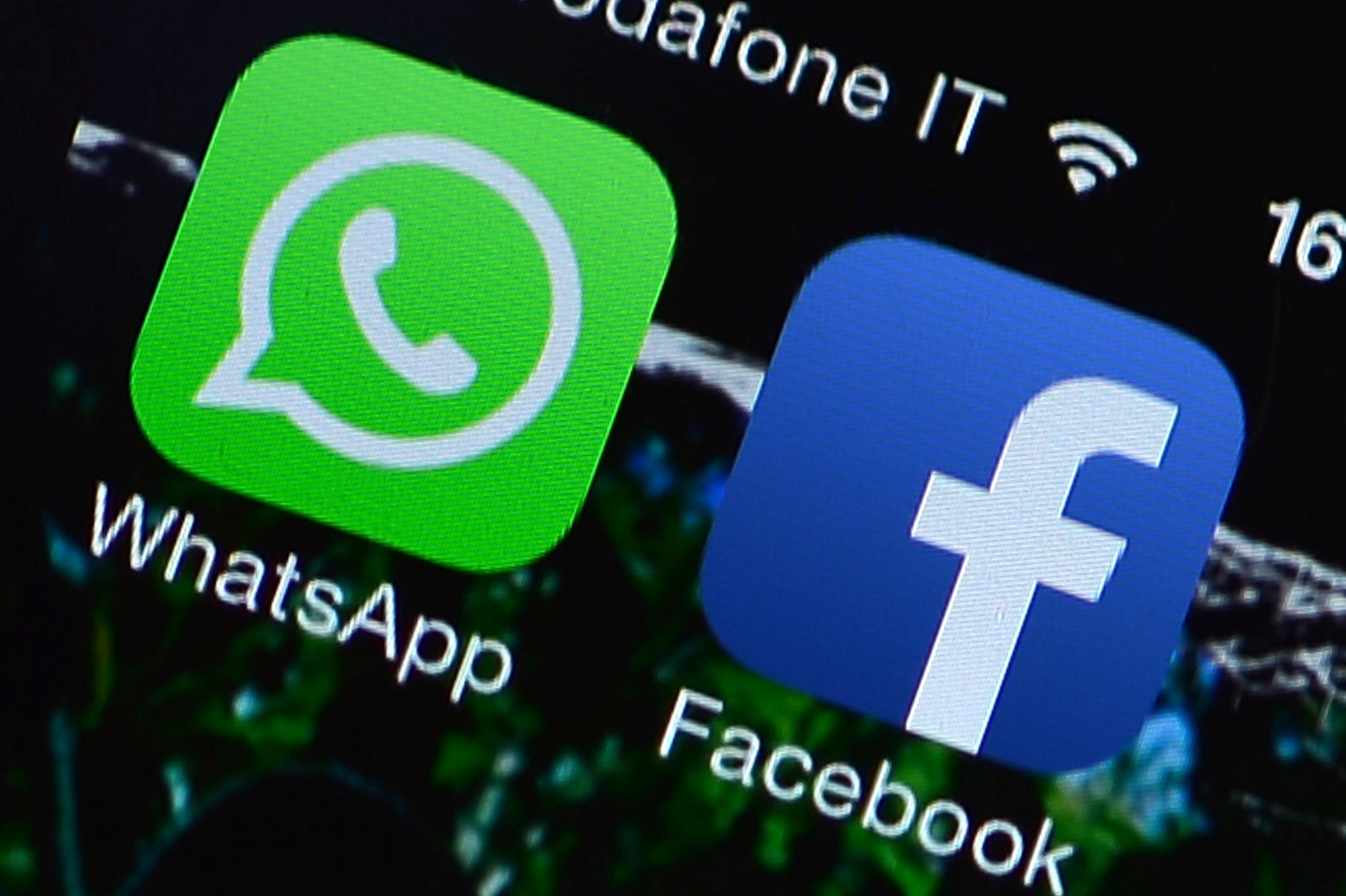This article originally appeared in Inc.
While initial public offerings really burned bright this year, 2014 was also strong for mergers and acquisitions. Startups saw some stunning deals, like Facebook’s outsize purchase of messaging app company WhatsApp for a staggering $19 billion, and Google’s acquisition of smart thermostat maker Nest Labs for more than $3 billion.
But these were outliers of sorts, according to data from the National Venture Capital Association. The average size of an acquisition for the third quarter, NVCA’s most recent data, was about $250 million, an increase of more than 50 percent compared to the same quarter a year earlier. There were also 341 deals through the third quarter, a 15 percent increase compared with the same quarter a year ago. Chiefly, though, the acquisitions made primarily by tech companies were meant to bolster leads in new and emerging applications such as messaging and the Internet of Things, and even virtual reality products.
Here’s a look at some of the year’s biggest deals.
10. Newsle
Sale price: $50 million, estimate
Business social network LinkedIn purchased the news app site, which digs up and circulates news and information about contacts in your social network. Newsle and LinkedIn, which was founded in 2011, never released a purchase price, but Newsle had raised $2.6 million from Draper Fisher Jurvetson and others prior to its exit.
9. Convertro
Sale price: $101 million
Even Internet stalwarts like AOL need to stay relevant, which may explain its purchase of the cross-platform advertising analytics software company Convertro this spring. The acquisition isn’t a bad idea, in an environment that’s trying not only to sell more ads, but mine more profits from existing ad sales.
8. Divide
Sale price: $120 million
Google acquired the mobile productivity app company, which lets users split a single mobile device into quadrants for work and personal use. The product may solve the Bring Your Own Device dilemma at work because IT managers can monitor the work portion, without having access to information in the personal part.
7. Viber
Sale price: $900 million
The Japanese e-commerce giant Rakuten purchased the free messaging and phone calling app company this winter, some say in an attempt to prop up its sagging stock price. But by other measures, Rakuten was clearly getting involved in the increasingly important free messaging and voice over Internet space that younger consumers increasingly want. Like Alibaba, Rakuten has set its sights on the U.S., where it hopes to do more business.
6. Twitch
Sale price: $970 million
This year was big one for games and gaming companies, as is evidenced by the purchase of video game company Twitch. Initially Google and Amazon went to bat over it, but it was Google that bowed out due to potential antitrust issues.
5. Oculus
Sale price: $2 billion
By comparison to WhatsApp, Facebook’s purchase of Oculus seems downright cheap. But it’s also a bet on things to come, rather than bowing to the exigencies of the present. The maker of virtual reality headsets that project 3-D environments for users’ enjoyment may be way ahead of its time.
4. Beats Electronics
Sale price: $3 billion, estimate
Nearly three-fourths of all music purchases online today are made through iTunes. That could explain the hefty price tag Apple paid for high-end headphone manufacturer Beats Electronics, founded by rapper and entrepreneur Dr. Dre. Beats has its own streaming music service with 250,000 subscribers. The deal resulted in the cutting of 200 jobs at Beats.
3. Nest Labs
Sale price: $3.2 billion
This year was also the year of the Internet of Things, a fact encapsulated by Google, which purchased Nest Labs, the maker of Internet-controlled thermostats and smoke alarms. The search giant hasn’t fared so well in its other hardware ventures, but Nest’s products come with a lot of customer cachet. So the purchase could be a winner.
2. Trulia
Sale price: $3.5 billion
Home real estate portals Zillow and Trulia agreed to merge this summer, with Zillow agreeing to pay $3.5 billion in stock. Zillow founder Rich Barton previously started Expedia, the leading travel website, and by linking up with Trulia, the two may now become 800-pound gorilla in online real estate sales.
1. WhatsApp
Sale price: $19 billion
The multiplatform messaging app is perhaps the largest in the world, with 450 million users who can send messages across mobile broadband networks and without paying fees. (Customers pay a dollar a year after the first year.) The eye-popping price paid by Facebook for WhatsApp is a far cry from the $1 billion it paid for Instagram in 2013.
See also: How Twitch’s Co-Founder Turned a Serious Gaming Habit Into a Billion-Dollar Business
